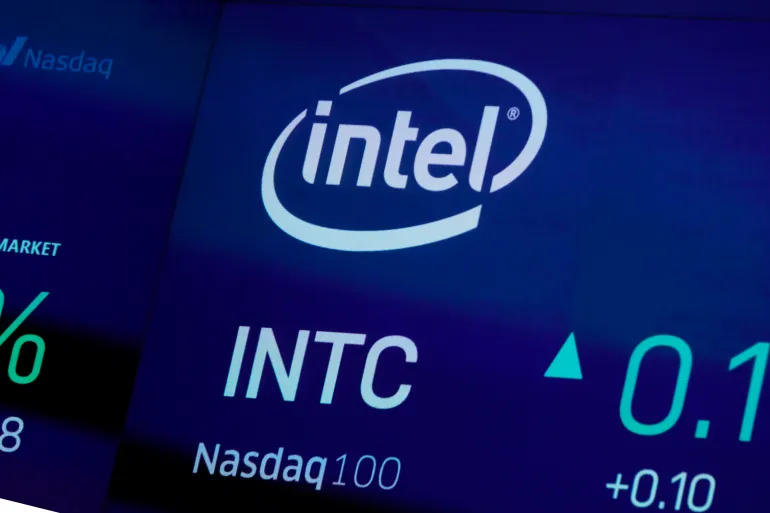Intel has said that the United States government’s 10 percent ownership in the company could reduce its ability to sell products abroad. The semiconductor giant highlighted the potential risks in a recent securities filing. The filing explained that the government stake might limit Intel’s ability to get future US grants. White House economic adviser Kevin Hassett hinted that similar stakes could be taken in other AI and chip firms, including Advanced Micro Devices and Taiwan Semiconductor Manufacturing.
International sales make up 76 percent of Intel’s total revenue. China alone accounts for nearly 29 percent. Despite the risks, Intel is moving forward with the deal. “This is a very special case because of the large CHIPS Act funding coming Intel’s way,” Hassett said in an interview. He added that more government equity deals could happen in the future, in this or other industries.
The CHIPS Act, which stands for “Creating Helpful Incentives to Produce Semiconductors,” is the source of the government’s investment. Under the deal, Intel will receive $5.7 billion in unpaid grants from the 2022 legislation signed by President Joe Biden. An additional $3.2 billion will go toward Intel’s Secure Enclave program, also created under CHIPS. Intel’s filing notes that, to the maximum extent allowed by law, the company’s obligations under the CHIPS Act will be considered fulfilled, except for the Secure Enclave program.
Former President Donald Trump supported the deal, saying on social media that he would make similar agreements for the country “all day long.” The investment followed a meeting with Intel CEO Lip-Bu Tan. Trump had previously demanded Tan’s resignation over past investments in Chinese companies.
The government is buying Intel shares at a $4 discount from the recent closing price of $24.80. Intel warns that issuing shares to the government could dilute current shareholders’ equity and reduce their voting power. The filing also notes that the government’s influence over rules and regulations could limit Intel’s freedom to make decisions that benefit shareholders. Trump defended the agreement, stating that it would create jobs and bring more money into the US economy, though some critics have raised concerns about the deal.
The timing of the deal comes amid wide layoffs at Intel. The company plans to cut roughly 25,000 jobs by the end of 2025. Semiconductor sales have also slowed. In late July, Intel reported a 3 percent decline in chip sales compared with the same period last year. Despite exemptions from tariffs, economic uncertainty has made some international customers cautious. Intel’s reliance on foreign sales means any perception of government influence could further affect demand abroad.
The CHIPS Act funding is expected to help Intel maintain operations, invest in new technologies, and stabilize production. Still, the government stake adds a layer of complexity for a company that depends heavily on global markets.







